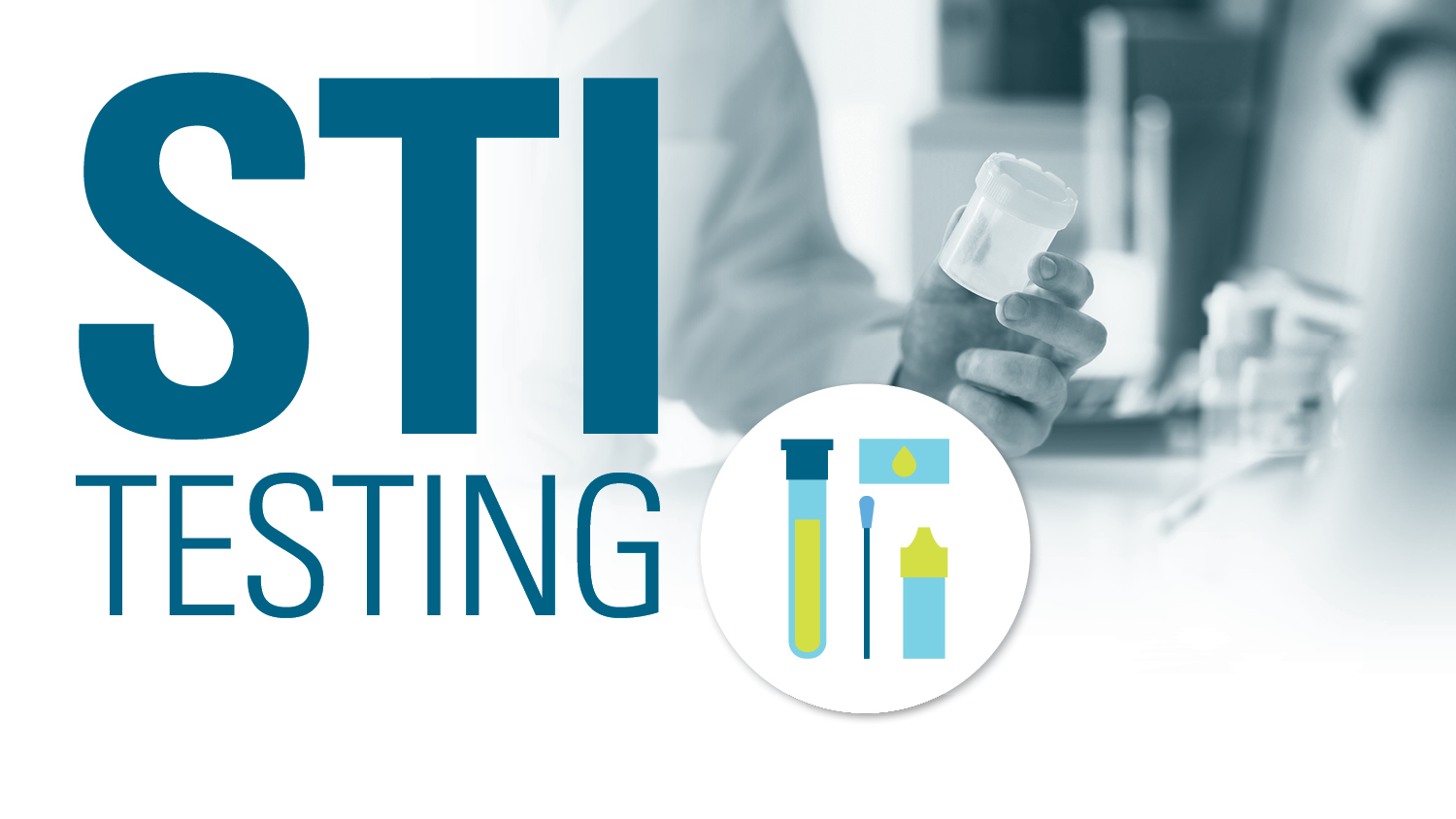STI Testing

Like many 20-somethings, it has been easy for me not to engage in my own health care regularly. Before writing this, I had never had a sexually transmitted infection (STI) test done, despite being sexually active and caring about my own sexual health. I have always assumed that using condoms would protect me from an STI. Along with this, I have had an underlying belief that my partner is STI-free (because they would tell me if otherwise, right?). Therefore I ought to be STI-free.
There are so many parts to being sexually healthy. For me, this includes accepting my own body and my own sexual orientation, and being able to communicate with my partners about boundaries and consent. Regular STI tests are another important part of this.
There are a few reasons why it’s important for anybody who’s sexually active to get tested regularly:
- Many people who have STIs are asymptomatic (plainly, show no symptoms) and are unaware of their status
- Some STIs spread with skin-to-skin contact and will transmit even if a condom is used
- To protect against unwanted pregnancy and STIs, it’s important for birth control users to also use condoms
What is an STI appointment like?
Setting up an appointment made me feel odd because I simply did not and could not know if I had an STI. However, setting up an appointment acknowledges that, despite practicing good sexual health and not engaging with deemed “high-risk” behaviour, I still could have an STI. To gain knowledge and control of my own health, I have to check in with medical services routinely, just like visiting the dentist, or any of my other routine healthcare practices.
The next day when I got there (with a full bladder), I checked in with the receptionist. Then, the nurse called me over and gave me an orange cup to fill with urine in the washroom. I placed the cup on a tray and then I got to meet the doctor. I started explaining that I had been in two relationships when it dawned on me that I should have gotten tested before entering my current relationship. The doctor told me that getting tested before entering a new relationship is a good idea, and that it is good to come in at least once a year anyway.
The urine sample was tested for genital chlamydia and gonorrhea, the two most common STIs. Other types of tests can be done to check for different STIs, including throat and anal swabs for chlamydia and gonorrhea in those areas, and blood tests for HIV and syphilis.
This all took 10-15 minutes from checking into my appointment to walking out. While it started with difficult feelings, after going through the appointment, I feel good knowing that whatever the results might be, I have the information I need for my partner and myself.
By: Taylor Mertens
Sexual Health